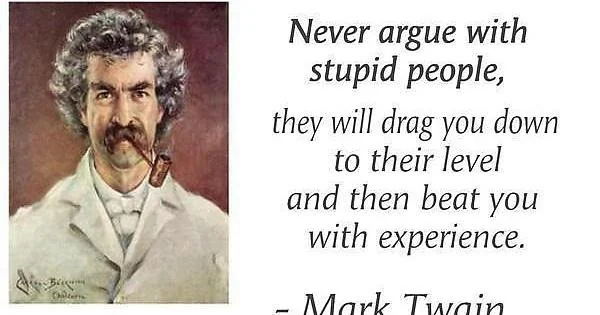7 Shocking Truths About Black People in the Bible | Billy Graham

The Bible mentions people from Africa and regions associated with people of African descent, though it doesn’t explicitly use terms like “black.” Some examples include:
- Ethiopians: Mentioned numerous times, often in a positive light. The Ethiopian eunuch in Acts 8 is a prominent example of a devout follower of God.
- Cushites: Descendants of Cush, a son of Ham. This term is sometimes associated with people of African descent.
- Queen of Sheba: Visited King Solomon, bringing gifts of gold and spices. Some traditions depict her as African.
It’s important to note that:
- Skin color is rarely mentioned: The Bible focuses more on character and faith than physical appearance.
- Interpretations vary: Scholars have different views on the specific ethnicities and appearances of people mentioned in the Bible.
Some resources that explore this topic further:
- The Black Presence in the Bible: This book delves into the presence and significance of people of African descent in biblical narratives.
Disclaimer: This information is for general knowledge and discussion purposes.
It’s important to understand that the concept of “land ownership” and its historical context is complex and varies greatly across different cultures and time periods. When discussing land in the Bible, we’re often dealing with a world quite different from our modern understanding of property rights. Here’s a breakdown of some key aspects:
Biblical Context:
- God as the Ultimate Owner:
- The Bible often portrays God as the ultimate owner of the land. People were seen as stewards or tenants, responsible for caring for the land.
- This concept is reflected in passages like Leviticus 25:23, which states, “The land must not be sold permanently, because the land is mine; you are foreigners and tenants living with me.”
- Tribal Inheritance:
- In the Old Testament, particularly in the books of Joshua and Numbers, the land of Canaan was divided among the twelve tribes of Israel.
- Land was often passed down through families as an inheritance, emphasizing its importance for sustaining communities and preserving lineage.
- Land and Covenant:
- The land of Canaan held special significance as part of God’s covenant with the Israelites. It symbolized God’s faithfulness and provision.
- Therefore, the relationship between the people and the land was often tied to their faithfulness to God.
- Laws Regarding Land:
- The Old Testament contains various laws regarding land use, including regulations on farming, gleaning, and the Year of Jubilee, which aimed to ensure equitable access to land and prevent permanent poverty.
Historical Considerations:
- Varying Land Practices:
- Ancient societies had diverse land practices, ranging from communal ownership to systems of feudalism and private property.
- It’s crucial to avoid imposing modern concepts of land ownership onto ancient cultures.
- Colonialism and Land Dispossession:
- Throughout history, colonialism has resulted in the dispossession of indigenous peoples from their ancestral lands.
- This has had devastating consequences for many communities, disrupting their cultural traditions and economic well-being.
- Modern Land Rights:
- Today, land rights are a complex issue, involving legal frameworks, environmental concerns, and social justice considerations.
In summary:
When thinking about “land” in the Bible, it is very important to try to understand the world view of the people who wrote the texts. It is very different from our modern world view.



